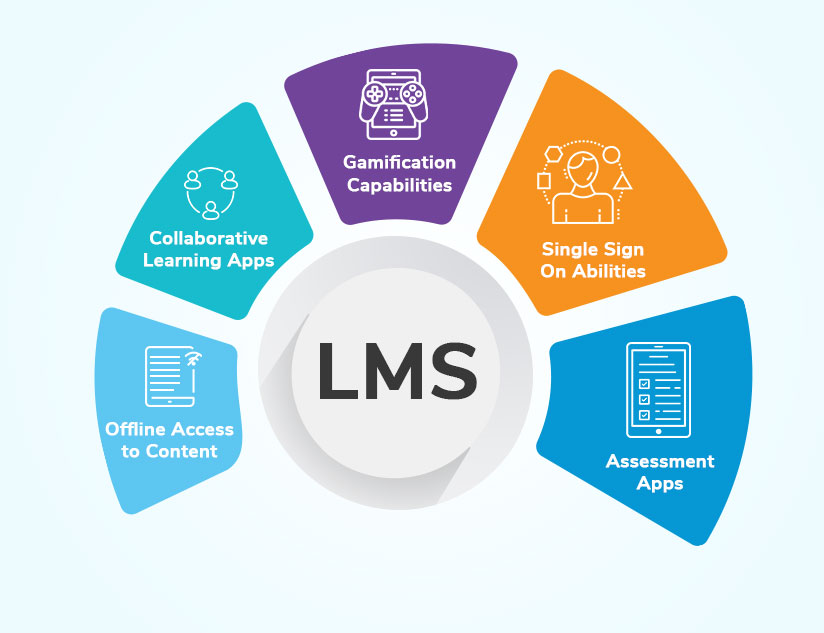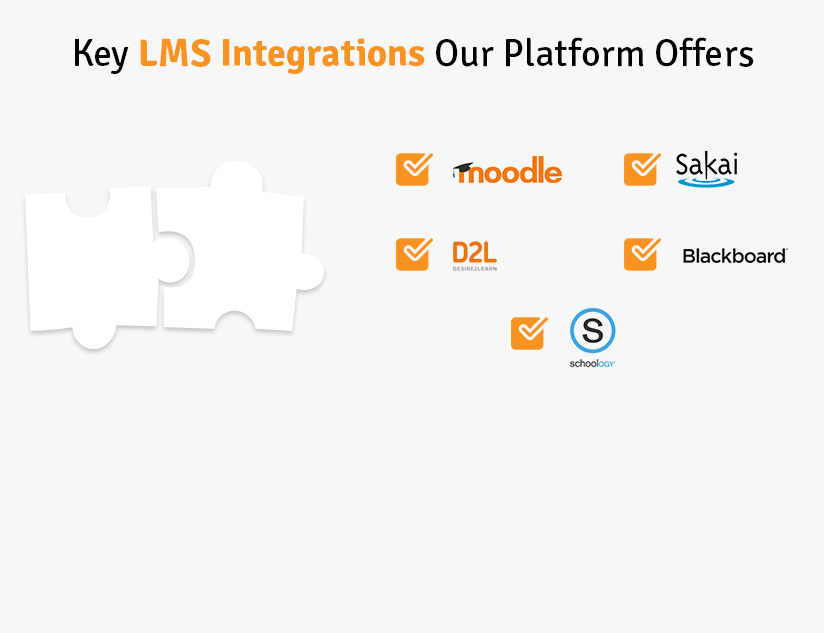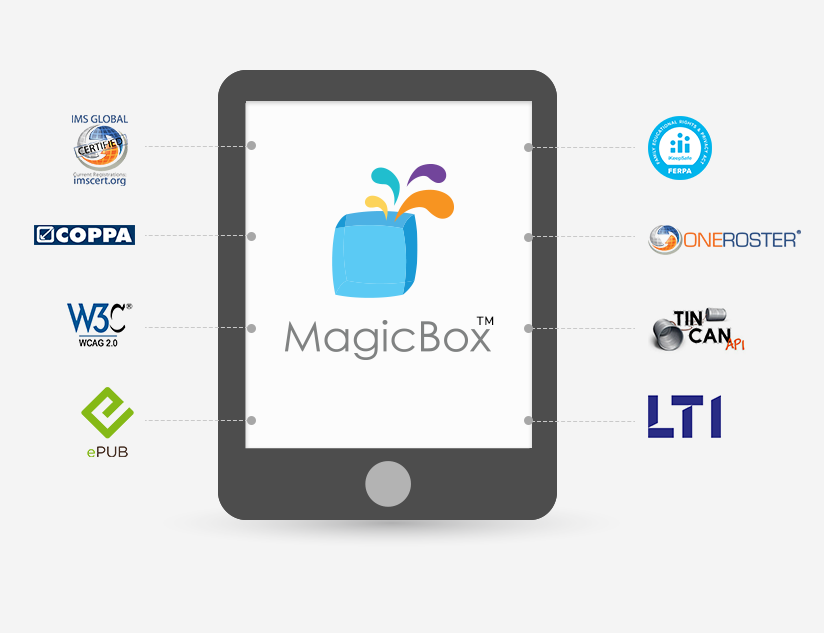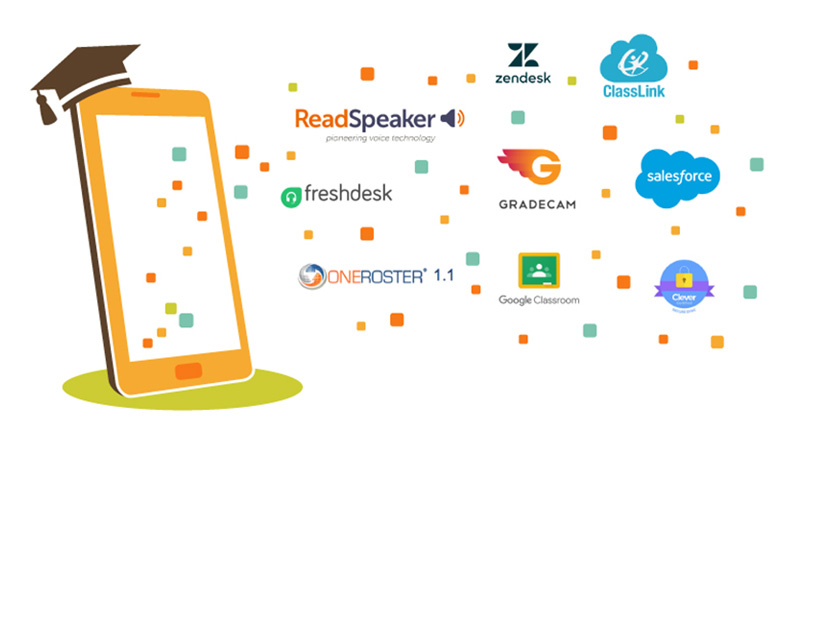Boost Your Adoption Rates This Back-to-School Season with the Right Integration Platform
May 17th, 2023
Back-to-school is a critical time for publishers. This is the time to put in all your effort to get reviews, state approvals, and adoptions. The addressable market is huge, and innovations in EdTech can give you just the right tools to stay ahead of the competition. One of the key tools to ensure higher adoption rates across educational institutions is to leverage the power of such innovation. The right online learning platform can ensure easy integration with the existing SIS for schools while offering all the tools needed for easy education delivery and learning.
Here’s a deep dive into how a powerful integration platform can help you overcome challenges typically faced by education publishers.
Saves Time and Costs
Streamlining eBooks and learning content creation and distribution via a single platform can reduce time to market. Powerful authoring tools that come preloaded with thousands of themes and templates and enable easy drag-and-drop creation can enhance speed to market by up to 40%. Plus, they help easily customize the branding of all your content.
You can also easily integrate multimedia elements, such as videos, audio, gaming, and much more, to facilitate learning. Add tools for collaboration, external resources accessible through in-text links, offline content access, multilingual support, and much more. This eliminates the need to maintain an in-house development team, helping save resources. In addition, tools that ensure compliance with state, federal, and international standards facilitate textbook adoption.
Taking advantage of such features, a leading South African publisher created a digital library using advanced course authoring tools to incorporate multimedia content and improve engagement. In addition, they automated assessments while ensuring compliance with SCORM and ePub 3.
Cloud-based platforms help digital publishers boost brand awareness, increase conversions, and improve customer loyalty. In addition, such platforms can integrate easily with any learning environment using API-based modular plugins. For instance, a company that provides innovative and engaging hands-on science education solutions for K-12 schools successfully migrated their legacy content to cloud storage to improve user experience and facilitate anytime, anywhere access. Moreover, they are adept at accommodating the latest developments across the EdTech landscape with minimal manual intervention to keep their content up-to-date and compliant.
Facilitate Personalization and Customization
In the increasingly DEI-centric global learning ecosystem, providing student-centric content is indispensable. Modern learning solutions use learning analytics, such as content consumption patterns and student performance, to personalize learning and assessments. This helps enhance learning outcomes. It also helps educators plan individual learning paths for their students, such as starting polynomial equations for students who do not understand binomial equations. Individual capabilities help intelligent learning management systems determine learning gaps and elevate weaker students to bring them at par with others.
Modularity, right from the content creation process, helps improve the efficacy of personalized content. Continued assessments and learning outcome achievement help modify learning goals and incrementally evolve with the learner. A renowned Irish publisher leveraged advanced assessments to enable teachers to administer and score assessments. It helped them accelerate the allocation and evaluation of assignments.
Leverage Seamless Integration and Interoperability
The EdTech and smart classrooms market is forecasted to hit $232.9 billion, growing at a CAGR of 13.2% from 2023 to 2027. This presents a massive market to capture for learning content providers. Publishing houses, eBook developers, and educators who create learning materials must leverage comprehensive learning management platforms integrated with content authoring tools to facilitate and accelerate content creation. Further, such platforms are equipped with content distribution solutions to ease the management of multiple subscription and licensing models. With a multi-tenant architecture, you can provide user-based access to different features even within a single school.
A non-profit organization initiated micro-credentials for digital students to bring them at par with standards. With limited resources, they leveraged seamless integration tools to include their legacy content management system while adopting a cutting-edge learner assessment and crediting system with free learning resources.
Summing Up
Florida rejected 41% of the total submitted mathematics textbooks in 2022 because they did not meet the state’s Benchmarks for Excellent Student Thinking (BEST) Standards. Getting your books adopted can be difficult without a near-perfect score on compliance, standardization, student engagement, and learning goals achievement. The back-to-school season is a testing time, and you must be prepared to navigate such intense scrutiny. Leveraging advanced technologies can help you create learning materials that address individual learner requirements, ensure compliance, and give you a distinct edge in the intensely competitive EdTech landscape.
However, choosing the right technology platform with robust integration capabilities is essential. You also need to choose a solution that helps you create DEI-enabled content and ensure regulatory compliance during the content creation stages. Additionally, incorporating multiple types of assessments, such as MCQs, short and long descriptive answers, a/v – interviews, etc., and automated scoring, can give you a competitive advantage.
As EdTech evolves, VR and AI-based education systems and cross-border education facilities will become increasingly popular. On the other hand, the launch of WCAG 3.0 might make compliance more challenging. The demand for facilitating anytime, anywhere, inter-platform compatible, and offline access will increase. The futurists in education are already on the path to defining a unified education system to facilitate credit transfer, multilingual learning materials, and inter-connected learning systems to allow students to navigate diverse providers without losing learning credits or time.
Education publishers have the opportunity and resources to be future-ready with comprehensive content creation and pluggable distribution systems. Contact MagicBox now and get the tech advantage to stay ahead of the curve.












